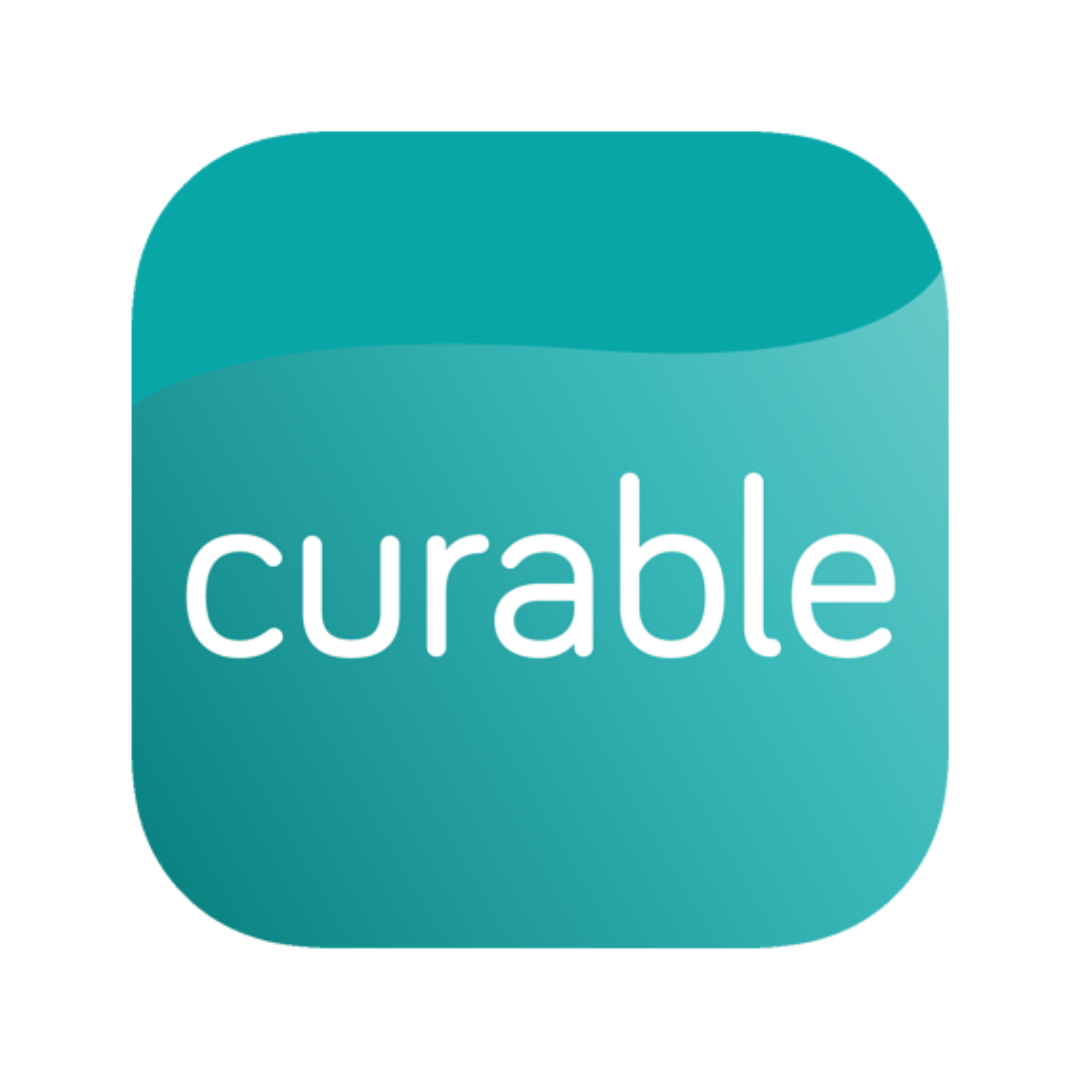
Resources
This is a list of resources we recommend our clients access to support them in recovering from Neuroplastic Pain/Psychophysiologic Disorder/Mind-Body Syndrome:
THE WAY OUT: A REVOLUTIONARY, SCIENTIFICALLY PROVEN APPROACH TO HEALING CHRONIC PAIN
By Alan Gordon & Alon Ziv
This book is a great introduction to Neuroplastic Pain and Pain Reprocessing Therapy. We suggest clients read this book when initially attending therapy. One of the authors, Alan Gordon, was the creator of Pain Reprocessing Therapy. Alan outlines in this book the strategies involved in Pain Reprocessing Therapy, which follows closely how we, at Pain Psychotherapy Canada, work with clients to eliminate or greatly reduce their chronic pain symptoms.
UNLEARN YOUR PAIN: A 28-DAY PROCESS TO REPROGRAM YOUR BRAIN
By Dr. Howard Schubiner & Michael Betzold
This book can provide you with an in-depth understanding of how Mind-Body Syndrome occurs in the brain and how it is a normal human reaction to our emotions. Dr. Schubiner is a leading expert in the mind-body community, and his book is a great resource that can help clients cure their pain symptoms. In this book, Dr. Schubiner also provides therapeutic writing exercises.
THE MINDBODY PRESCRIPTION: HEALING THE BODY, HEALING THE PAIN
By Dr. John Sarno
Dr. Sarno is responsible for the mind-body movement. Our therapeutic approach at Pain Psychotherapy Canada is based on his realization: that pain and other symptoms are often not the result of structural damage or disease in the body, but due to Psychophysiologic processes in the brain. This book explains Dr. Sarno’s understanding of Mind-Body Syndrome and his prescribed treatment approach. It is a great resource for our clients. Dr. Sarno also has several other books written on Mind-Body Syndrome, or what he previously called, Tension Myositis Syndrome (TMS) and Tension Myoneural Syndrome (TMS).
THE SOMATIC SAFETY METHOD COURSE
By Tanner Murtagh, Alex Klassen & Anne Hampson
Access comprehensive education, skills, and a recovery community by enrolling in The Somatic Safety Method. With this course, you'll learn the science of neuroplastic pain and symptoms, how to self-assess, and recognize what's happening in your unique brain, nervous system, and body. It helps build a practice of somatic skills, cognitive strategies, and behavioural tools to restore safety with your body, movement, and the world around you. The course also teaches you how to safely approach, process, and release painful emotions and trauma from your body, restoring health and flexibility in your nervous system.
This app is a great addition to therapy. It is designed to help people with persistent pain reduce their symptoms and calm their nervous system. Curable offers podcasts, meditations, information, and strategies.
This website is a great resource on Tension Myositis Syndrome (TMS). It offers endless information, personal recovery stories, and a structured educational program. We recommend anyone new to the concept of Neuroplastic Pain/Mind-Body Syndrome to spend some time browsing this site.






